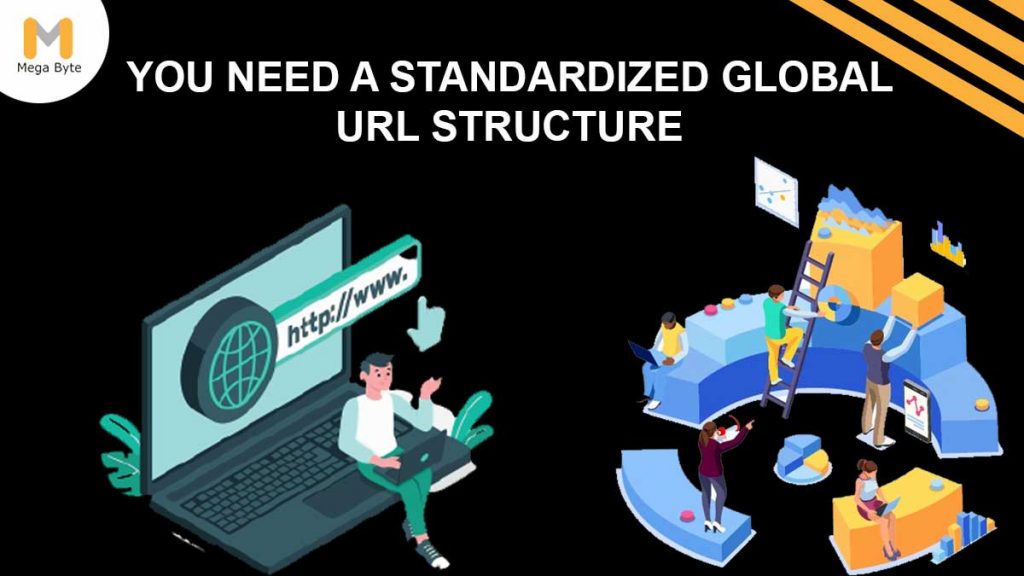Try not to let a bad URL structure influence consumer loyalty. These five reasons will assist you in limiting an aimless way to deal with local language URL structures. You may believe it’s not a very remarkable serious deal, but rather it really makes numerous obstacles in numerous zones of web management that will wind up costing you a great deal of cash.
Here are five reasons you have to normalize your worldwide site’s URL structure-
1- Performing Easier Hreflang Element-
For SEO, having livery and non-restricted URL structures makes it simple to actualize hreflang components. The entirety of the substitute adaptations of URLs is the equivalent. At the point when the general structure, the organizer naming, and the page naming are the equivalent over the locales, the most CMS can do is look and substitute for the area or nation/language envelopes and make in page or XML sitemap documents.
In the event that a portion of the destinations utilizes various URL structures or naming of the envelopes or the records, you have to either put extra rationale or to deal with the hreflang components physically to actualize them.
2: Data Segmentation-
Formally dressed URL structures make looking at page execution between destinations a lot simpler in analysis tools.
In the event that a similar item has many URL varieties across websites, it turns out to be difficult to think about the exhibition of a particular content resource or item between sites. This is particularly the situation since a significant number of the worldwide groups and the examination groups don’t have a total handle of all varieties of URL structure over the websites.
3: Simplified Content Management-
In the event that you are utilizing a typical CMS for all destinations, it’s uncommon that the URLs are not consistently made. Numerous websites have the “parent-kids” content age set up in the CMS. Notwithstanding, it can turn crazy rapidly as organizations attempt to adjust their sites to coordinate corporate storehouses.
Bigger or all the more forcefully extending organizations will frequently make new destinations or microsites when turning out new local content fragments for a nation. These regularly don’t line up with the fundamental locales’ guidelines.
4: Easier DevOps Management-
Organizations that know about the expenses and difficulties of a non-formally dressed structure have exacting standards set up to forestall it which makes dealing with the locales a lot simpler. Utilizing a reliable structure considers a more advantageous relocation from organizing to creation – and particularly worldwide update organizations. This is on the grounds that the URLs are the equivalent over the site – limiting testing necessities and side-tracks if URLs change.
5: Easier Localization Management-
Like the DevOps benefits, the restriction group can use the interpretation of the executive’s apparatuses that help distinguish changes or updates to URLs in a nation that should be actualized in different nations. It makes cloning a typical language simpler as it frequently has been approved for phonetic and informing precision and simply should be adjusted for the extra nations.
Conclusion-
The absence of normalized URL structures and the substance division challenges plot in this article shows why the SEO group should be better lined up with the Dev Operations group. It additionally shows the significance of implementing more unbending web content management guidelines. Past being an SEO issue, these sorts of issues make issues that can affect connecting, and all the more significantly, convenience, and consumer loyalty.
Read Also: Why you need to integrate CRO with your SEO strategy


